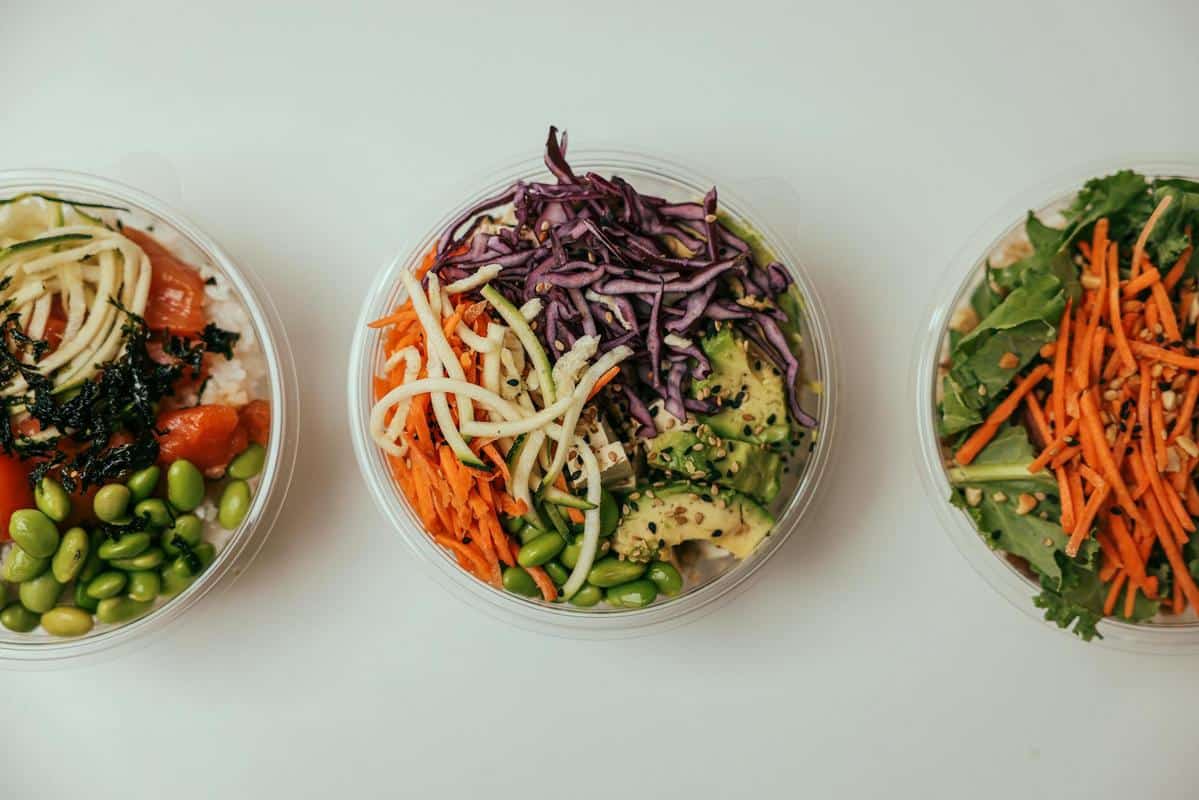
Understanding the Nutritional Profile of Plant-Based Proteins
As more individuals embrace a plant-based lifestyle, understanding the nutritional profile of plant-based proteins becomes crucial. This knowledge not only aids in achieving a balanced diet but also ensures that dietary needs are met effectively.
Plant-based proteins are derived from sources such as legumes, nuts, seeds, and whole grains. These proteins are gaining popularity due to their health benefits and sustainability. According to a study in the journal Food & Function, plant-based diets are associated with lower risks of heart disease and obesity.
Exploring Plant-Based Protein Sources
Let’s delve into some common plant-based protein sources and their nutritional benefits.
| Protein Source | Protein Content (per 100g) | Additional Nutrients |
|---|---|---|
| Lentils | 9g | Iron, Folate |
| Chickpeas | 19g | Folate, Fiber |
| Quinoa | 4g | Magnesium, Phosphorus |
| Tofu | 8g | Calcium, Iron |
| Almonds | 21g | Vitamin E, Magnesium |
| Chia Seeds | 17g | Calcium, Omega-3 Fatty Acids |
| Hemp Seeds | 31g | Zinc, Omega-3 Fatty Acids |
| Black Beans | 21g | Iron, Magnesium |
Expert Opinions
Dr. Tara McHugh, a renowned nutritionist, notes, “Incorporating a variety of plant-based proteins can provide all essential amino acids.” This reinforces the importance of diversifying protein sources.
Personal Experience
When I transitioned to a plant-based diet, I initially struggled with protein intake. However, by incorporating a mix of beans, nuts, and grains, I not only met my protein needs but also felt more energetic.
Actionable Tips for Meeting Protein Needs
- Combine different sources: Mix beans with grains to achieve a complete amino acid profile.
- Snack smart: Opt for nuts and seeds as quick protein-rich snacks.
- Include protein-rich vegetables like broccoli and spinach in meals.
For a protein boost, add a tablespoon of chia seeds to your morning smoothie or oatmeal.
Conclusion
Understanding and utilizing the nutritional profile of plant-based proteins can significantly enhance your diet and health. By diversifying protein sources and incorporating them into daily meals, you can achieve a balanced and fulfilling plant-based lifestyle.
FAQs
Can I get enough protein on a plant-based diet?
Yes, by consuming a variety of plant-based proteins, you can meet your protein requirements.
What are some high-protein plant foods?
Foods like lentils, chickpeas, quinoa, and tofu are excellent sources of plant-based protein.
How can I ensure I’m getting complete proteins?
Combine different plant proteins, such as grains and legumes, to get all essential amino acids.
For further reading on plant-based nutrition, check out reputable sources such as Eat Right and British Nutrition Foundation.


